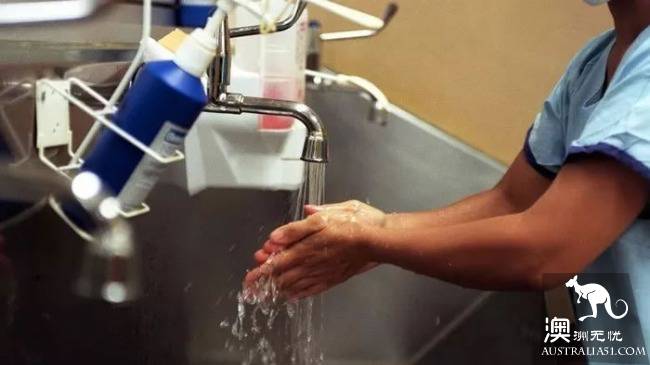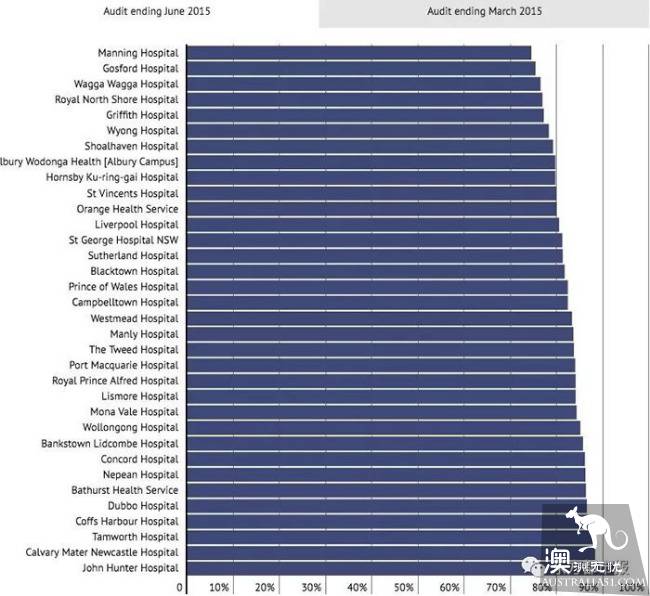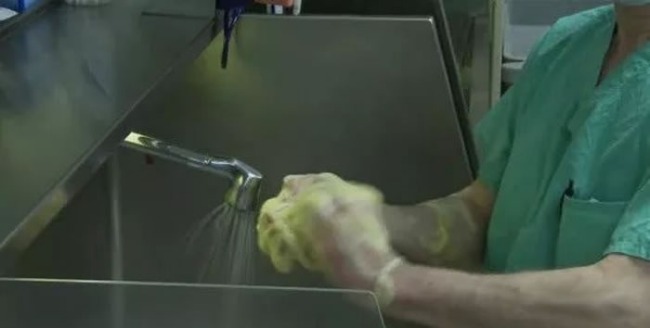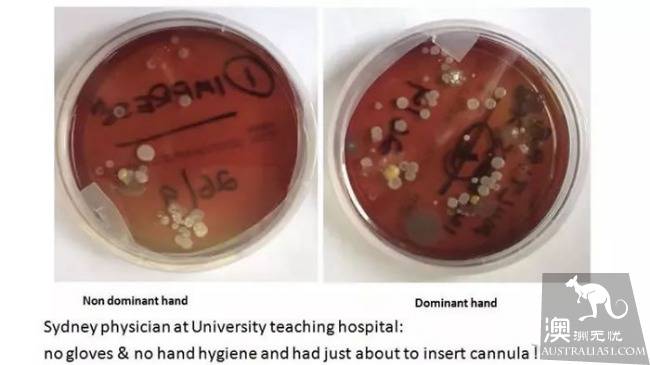New state doctors don't wash their hands! Auditors say there is no helplessness, and employees still need education.

According to the latest audit data, hand hygiene rates in 10 key hospitals in the new state have fallen below the 80 percent benchmark. Among them, the highest hand cleanliness rate at John Hunter Hospital was the lowest at 74.5% for 92.5%.Manning Hospital, and 75.4% for, Royal North Shore Hospital and St. Vincent's Hospital for Gosford Hospital and St. Vincent's Hospital, respectively. 76.9% and 79.9% respectively.
Research shows that doctors and nurses in several key hospitals in Sydney often neglect hand cleaning work when they are not in place, causing a great danger to patients' personal safety. In the absence of inspectors, the clean hands of medical workers fell from 94 percent to 30 percent, according to a new study released by the University of New South Wales (UNSW). The data are worrisome. Hand hygiene is the basis for hospital infection control, reducing the likelihood of serious illness among doctors and, on the other hand, a 20-30 percent increase in death rates if hospitals are not pollution-free. As a result, researchers hope that government and hospitals will tackle hand cleanliness issues, such as re-education of practitioners and the importance of popular hand hygiene.

In 2010, the data was as high as 84 per cent, but the data was re-examined and the authenticity of the data was in doubt. Mary-Louise McLaws, the first author of the survey, said there were a lot of omissions in the process of data statistics. In the latest inspection, all data were investigated by the machine, and the machine was installed in the hand sanitizer extruder at the side of the pool, however the previous survey was mainly collected by the manual. Lindsay Grayson, a staff member of the Australian Hand Hygiene Department (HHA), who is responsible for raising the data, is highly concerned about the data.

Both MacGraw and Grayson argue that improving hospital conditions cannot rely entirely on automated equipment, which is more important for doctors and nurses than machines. "Clinical staff have to change their behavior, which is the most important thing," commented Grayson, and MacGraw shares a similar view. "right now, clinicians don't think hand hygiene has a significant impact on their safety and that of others." Now aware of the importance of the problem, HHA is planning to further improve hand cleanliness among clinical practitioners.
